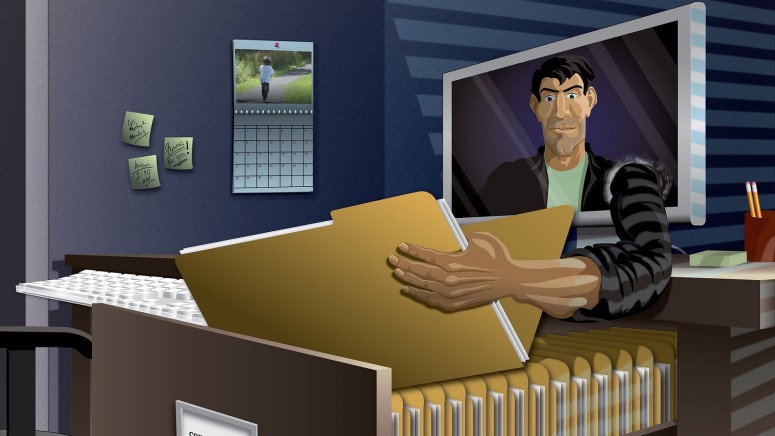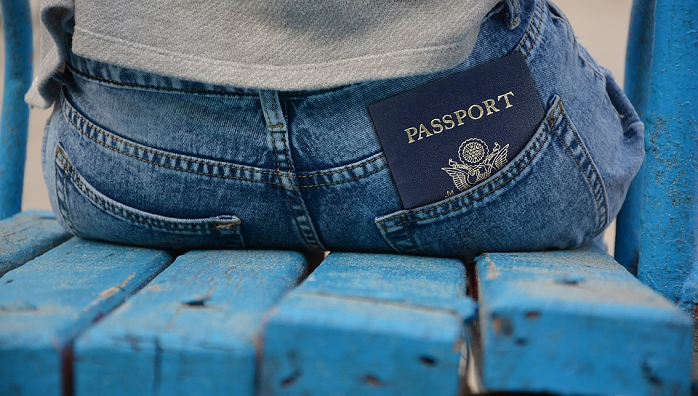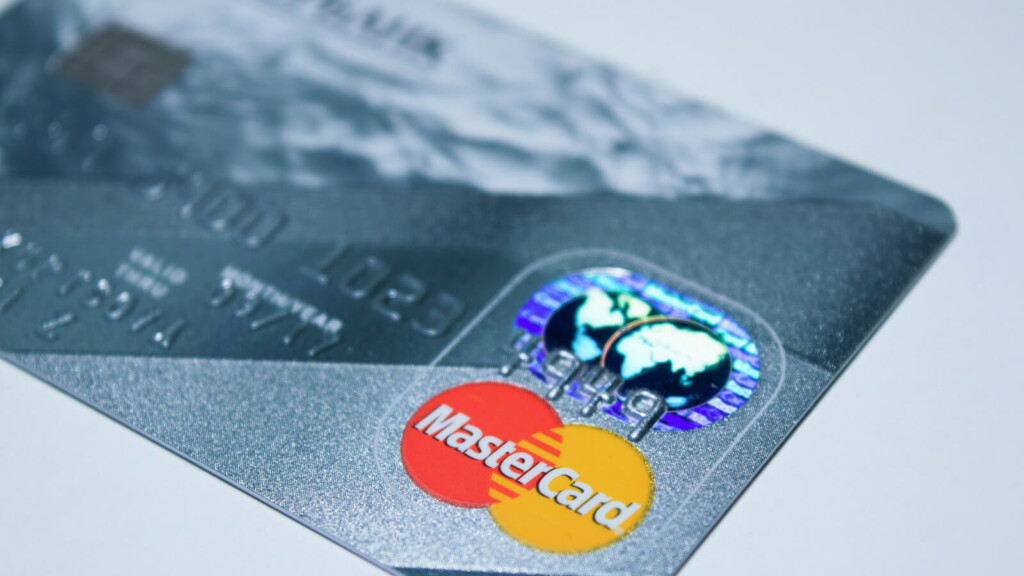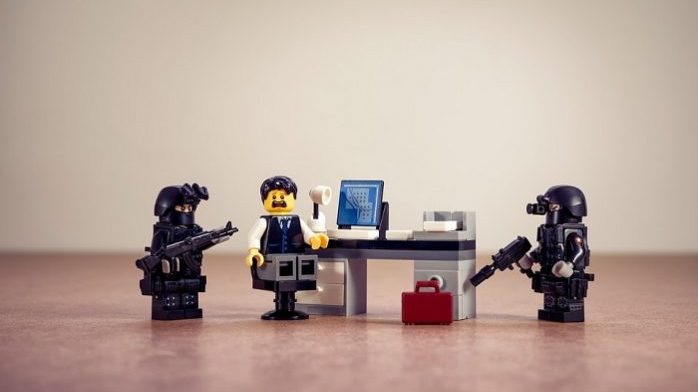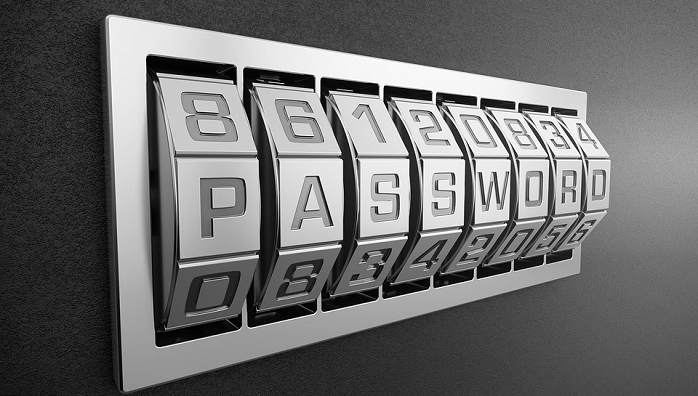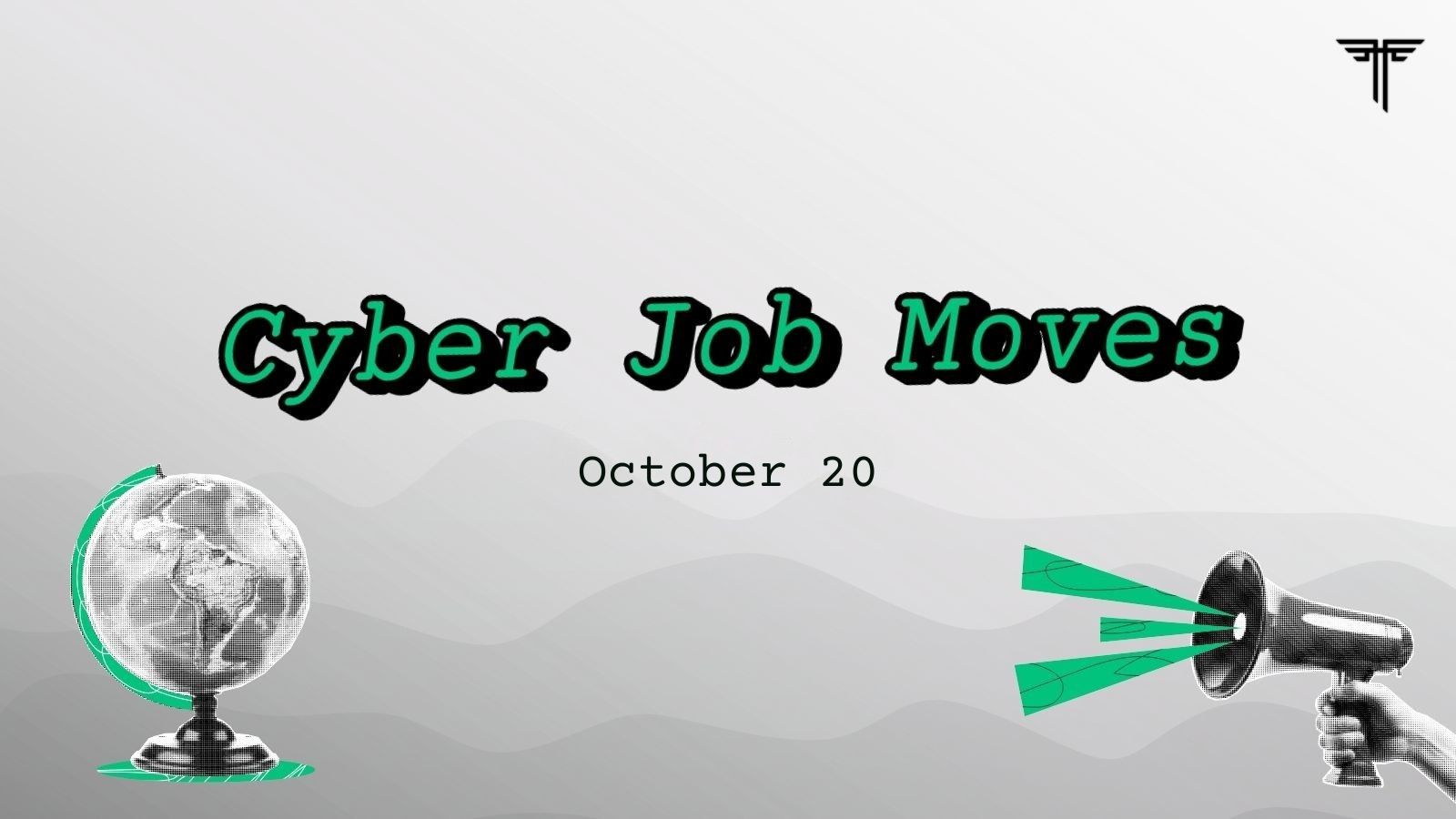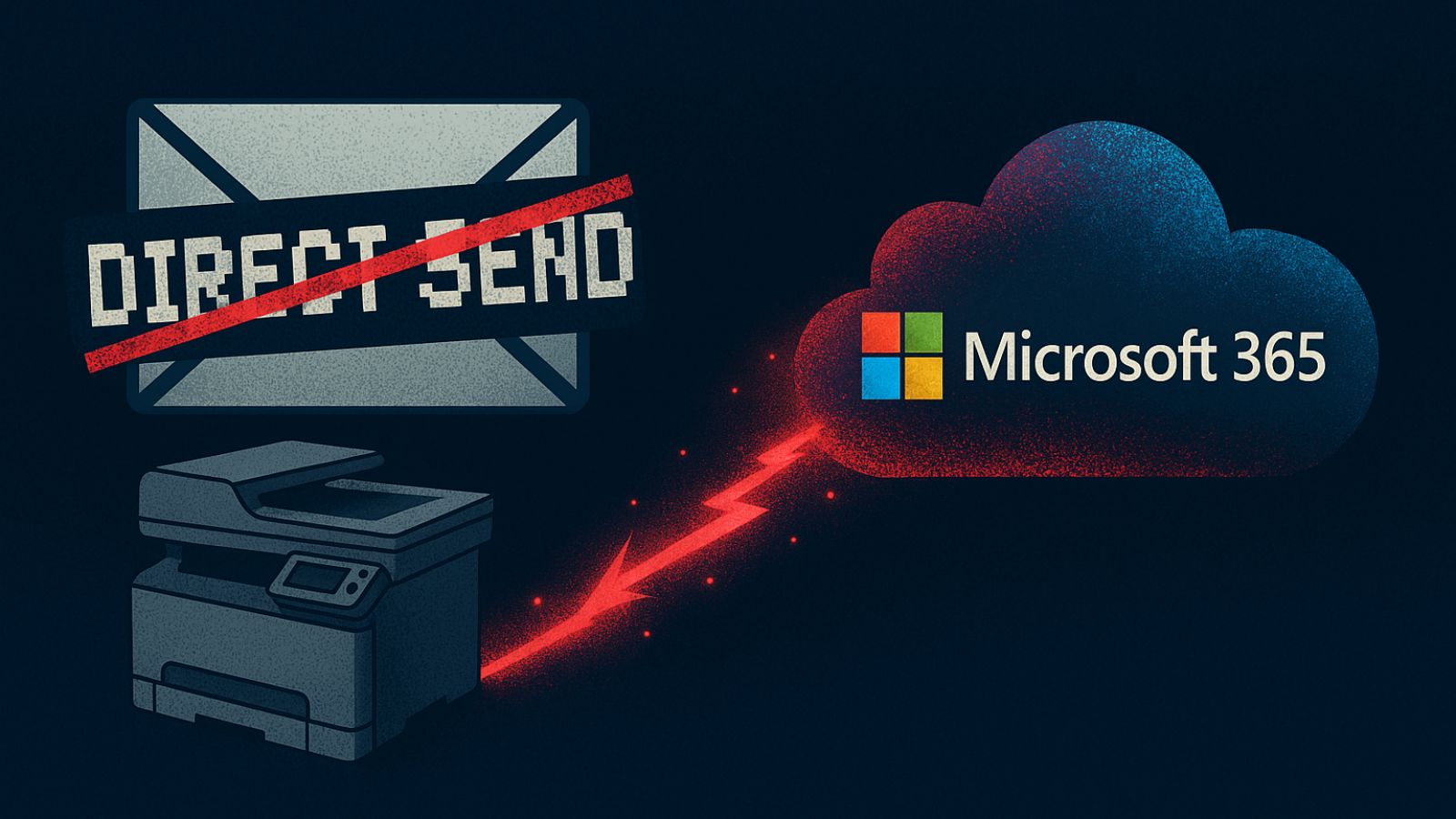
It Could Happen to You: This is Identity Theft
What is your identity worth to you? It might sound like a philosophical question but there has always been a rather concrete economic value to a person's identity. Who you give you access to the value that you've built up over the course of your life. That doesn't just include all the wealth you own, but also things like your education and authority.
If someone were to successfully convince society that they were you, there's virtually no limit to the damage they can cause.
Before we had things like TV, the Internet, and other global mass media, it wasn't unheard of people to pretend that they were royalty or some other powerful or rich figure. After all, it took ages to verify an identity back then and that's only if you had some way to make sure the person in front of you is really an Arab prince.
The society also takes a very dim view of people who impersonate police or other authorities. This sort of fraud unravels the fabric of society and if it goes too far can even cause societal collapse.
In this modern internet age, identity theft is more prevalent than ever. Since so much of our identity is now tied into electronic and digital systems, it stands to reason that some people will try to subvert those technologies to seize your identity and use it for their own personal gain. Today it's more dangerous to have your identity stolen than ever and anyone can be a victim, not just royalty and rich folk.
The Size of the Problem
In monetary terms, the cost of identity fraud can be measured in billions of dollars rather than millions. That's just the direct financial cost. There's no way to attach a number to the grief, stress and ruined lives this crime causes. As we put more and more of ourselves out on the internet, it seems like this problem will only get worse. Although after we look at the sorts of identity theft out there, we'll discuss what you can do to avoid becoming a victim.
Social Security or ID Number Theft
While there are plenty of you reading this right now who take a rather dim view of the fact that as soon as you are born the government tags you with a number. Love it or hate it, we all have some sort of unique ID that tells other who we are.
If someone steals your government ID and uses it to pretend to be you, then they can access government services meant for you. Like food assistance, unemployment benefits and so on. They can also use it to do things like open bank accounts and apply for loans using your credit score.
Two Drivers, One License
Image Courtesy of Tookapic+
Getting a driver's license is the first taste of real freedom that most people get, but ironically this little card that lets you drive can also help you end up in jail. Of course, if you actually broke the law while driving, you might deserve it. Not so for the poor victims of driver's license theft.
You might end up with a court summons or a huge traffic fine in the mail, for serious crimes and misdeeds on the road you didn't commit. It's surprisingly easy sometimes for an offender to pretend they are someone else. It could be someone who looks like you since license photos are notoriously crummy.
Or they may present a fake license with your details on it, in which case it doesn't matter what they look like. If the criminal can convince the traffic authority that they are in fact you, then the consequences can be dire. Fines for misdemeanors are one thing, but what about things that have criminal liability? What about losing all the points on your license? It's scary to think that you may have to prove that it wasn't you speeding along recklessly or face having to go to jail. Proving that identity theft actually happened can be much harder than you might think. Con artists know this and try to use it.
Credit Where It Isn't Due
Just by themselves, credit cards can be either a great asset or your worst nightmare. It's way too easy to blow your credit limit on stuff you don't need and then end up paying far too much interest on that credit.
On the other hand, credit cards are what has made internet commerce so easy. All you need are a few numbers printed on the credit card and money can be deducted instantly so that the stuff you ordered will ship to you faster. I think the reason you don't want someone else paying for things with your credit card is pretty obvious. However, since this is such a major form of online identity theft it's a good idea to take our fraud insurance if your credit card provider supports it.
Didn't Do the Crime, Still Doing Time
Going to prison is one of the most common fears and if you are actually a criminal it's a pretty rational one. So we can all understand the motivation someone would have to do absolutely anything in order to stay out of the big house.
One way to get away with a crime is to commit another one - identity theft. Give up all the details that you stole from someone when arrested can sometimes allow criminals to walk Scott-free. With the cops coming to your place wondering why you are late for your court date.
Medical Impostors
It's a sad world where we have some people who can't get the medical help they need because of a lack of money. Unless you live in a country with universal health care and even if you do, medical expenses can quickly crush you.
So it's no surprise that people are motivated to impersonate someone else when they are admitted to a hospital. They benefit from your medical insurance, which can affect you in many different ways.
First of all, incorrect information is added to your medical record, which means if things go undetected you could end up undergoing surgery or being prescribed drugs that aren't meant for you.
Secondly, depending on your medical insurance, a fraudster could use up your fund, leaving you with serious problems if you actually have to get medical help!
Synthetic Theft Gets Real
"Synthetic" identity theft can be a little hard to understand at first glance. I actually think this was a poor choice of name, but it stuck so we have to live with it.
It's called synthetic because it involves the fraudster taking real, true information stolen from a real person with completely made up information. So you could say that it's partial identity fraud and partial fabrication. The end result is an entirely new identity that has bits and pieces of your identity stuck to it.
Armed with, for example, a real social security number but a fake name, these criminals manage to open accounts, get credit cards and solicit loans. This type of theft is usually pretty sophisticated and isn't detected by automated systems.
The good news is that you can't be held liable for losses from this sort of theft. Since the fake identity will clearly be different from yours.
The Most Taxing Theft
If you're like me, the only thing you like me then the only thing you hate more than doing your taxes is paying them. The one silver lining is that after filing your taxes, most people get a nice refund.
It's that very chunk of change which motivates tax identity theft. This is where someone gets your personal details and then files your taxes for the refund. They nominate a bank account they control and then once the money is in the account, they just disappear.
Various tax agencies across the world have been constantly fighting these fraudsters. In some nations, you can't change the beneficiary bank account without physically going to a tax office. Although, even that might not stop someone who wants to impersonate you.
Even worse, they are unlikely to file your taxes correctly, which could lead to all sorts of legal and financial problems with the tax authority, at least until it all gets sorted out.
Thinking of the Children
When you steal the identity of an adult, chances are they will find out at some point. Which means that some thieves have started targeting the ID or social security numbers of children. Stealing identity information from children is actually pretty smart since, for the most part, no one will realize it for years.
What You Can Do
Although there are many different reasons for someone to steal your private information, there are actually only a few general principles you can use to keep yourself safe from these harms.
Be Aware of Phishing
Phishing is the art of tricking people into giving up sensitive information such as usernames and passwords. It's easy to avoid phishing by simply never submitting information to a link you clicked on in an email. No reputable company will ask you to do this. The exception, of course, emails (such as passwords resets) that you are expecting.
When it comes to identity theft, some people might fall for phishing more easily, since most people don't think much of giving up an address or even social security number. Don't let this be you!
Use Strong Passwords and 2FA!
Cracking your password is one of the main ways identity thieves get your info. You might not even realize it right away. These guys tend to bide their time before using the info they steal.
So you really should learn how to create strong passwords and be sure to activate 2FA or two-factor authentication as a good defense against this sort of thing. In fact, you should do this regardless!
Watch Out for Real Life Spies
Although the world of the identity thief is mainly digital these days, that doesn't mean they can't steal information in person! When you handle sensitive documents make sure only you can read what's on them. Keep them in a folder or other opaque container. Remember that people now all have smartphones with cameras. These are so good that they can take a picture from some distance away and later read the text.
The same goes for people looking over your shoulder. If you are using an ATM, typing a PIN at checkout, logging into your phone or laptop or anything like that, first make sure no one is watching.
And Social Media Spies
Social media sites are not safe spaces and you should be very careful about what you say or post there. Sometimes sensitive information is in the photos you post. Alternatively, if you talk about yourself enough a social media stalker can piece together details about who you are. For example, a pet's name could be a security question for something you signed up for. As a bonus tip, never put real information into your security questions. Make something up. Honestly, in general, you'd be better off dumping social media entirely. If you must use it, consider everything you post for privacy risks before you hit that button.
Lock and Encrypt Your Computer
Whether at home or at work, make a habit of locking your computer when you get up and leave. Your computer likely contains saved passwords, documents, and photos which could be used to steal your identity. Password protecting and locking your computer is easy enough, but you should also consider encryption.
Destroy Documents Before Throwing Them Away
Dumpster-diving is one of the oldest tricks in the book and it still works. When you throw out any sort of paperwork, you should destroy it properly. Anything from electric bills to old receipts. Shred them, burn them, just do something so they can never be read again. They all contain information that an identity thief could use against you.
Pull Your Credit Report Regularly
In most countries, people are entitled to an annual credit report for free. Alternatively, you can pay to have one sent to you at any time. Since identity thieves like to apply for credit using your name, the report can be a great way to know if you've been a victim. You can also see if your credit rating has been affected through false applications and have something done about it.
Protect Your Physical Mailbox
It's one thing to shred your old documents before you trash them, but what if someone steals your mail before you even get to it. Although it's a crime in almost every country to steal mail, that doesn't deter the identity thief.
Which means you need to think about ways to protect your mail. You can even buy special security mailboxes these days, although a plain old lock is a good start. You also should make arrangements for a friend or neighbor to take your mail inside if you go on holiday.
Properly Erase Things
We all have a constant stream of disks and devices that leave our possession as time goes by. It's very important to permanently erase data if you are going to throw away an old disk or want to sell a device. If you don't then tech-savvy thieves can retrieve your personal information, which would be a very bad thing!
This is why with utmost importance that you correctly erase your information from your disks and devices. On a computer drive, this involves using special data shredding software which makes recovery impossible. If you have a disk that's broken, you should physically destroy it before throwing it away.
When it comes to mobile devices, the best method is to encrypt the device's drive and then do a factory reset. Even if data is recovered, you can't get to it without the key.
Know Thyself
Despite how central it is to our existence as people, we actually don't spend much time thinking about our identities. Rather we just live them as it should be. Yet hopefully this article demonstrates that our identities are something we should take some time to ponder.
After all, it wouldn't do if malevolent strangers cared more about our identities than we do ourselves. It's important to think of your identity as something precious. Your personal information is worth a fortune to the right person, so treat it as such and keep it safe.
What do you think about the Identity Theft? Let us know in the comments below. For more interesting picks follow TechNadu on Facebook and Twitter.

